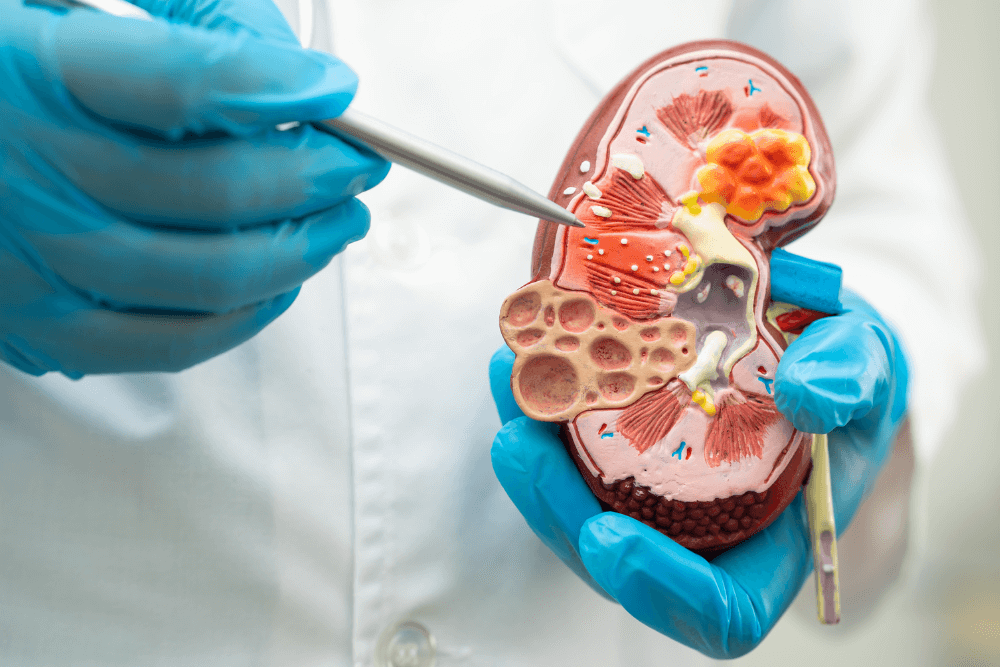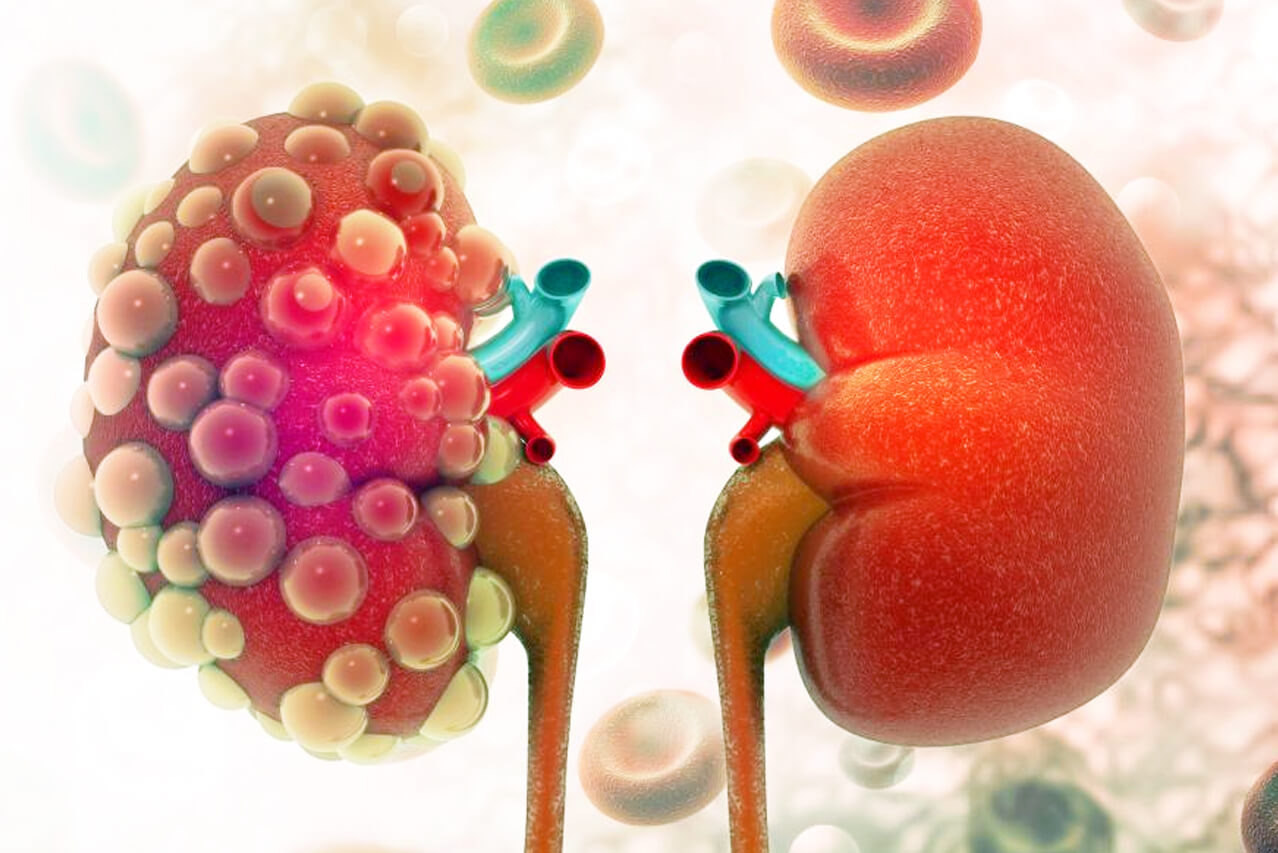Introduction to Kidney Health: Keep Your Kidneys Safe
The kidneys are vital organs in the human body. Located in the abdomen on either side of the spine, they play a crucial role in filtering waste and excess water from the blood. In addition, kidneys help maintain the body’s chemical balance and produce hormones that regulate blood pressure and stimulate red blood cell production.
In this article, you will learn about common kidney diseases, the symptoms of kidney infections, and practical tips on how to strengthen and protect your kidneys for long-term health.
Table of Contents
- Anatomy and Function of the Kidney
- Common Kidney Diseases
- Symptoms of Kidney Infections
- Tips to Prevent Kidney Infections
- Conclusion
Anatomy and Function of the Kidney
Each kidney is about the size of a fist, located at the base of the rib cage. These organs filter blood, remove waste, maintain fluid balance, and regulate electrolytes. Every day, kidneys process roughly 40 gallons of blood.
The filtering process occurs in tiny structures called nephrons, of which there are over a million in each kidney. Waste is converted into urine, collected in the renal pelvis, and drained into the bladder through the ureters. Interestingly, even if only 10% of kidney function remains, many people may not notice symptoms immediately.
Common Kidney Diseases
Kidney problems arise when these vital organs fail to function properly. Some of the most common kidney conditions include:
1. Chronic Kidney Disease (CKD)
CKD is a long-term condition often caused by high blood pressure or diabetes. Elevated blood pressure puts extra stress on the kidneys, gradually damaging their filtering units (glomeruli). High blood sugar from diabetes also harms kidney blood vessels, reducing their ability to clean the blood. Left untreated, CKD can lead to kidney failure.
2. Kidney Stones
Kidney stones form when minerals and other substances crystallize in the kidneys. Passing kidney stones can be extremely painful, though they rarely cause permanent damage.
3. Urinary Tract Infections (UTIs)
UTIs occur when bacteria enter the urinary tract, often causing bladder infections (cystitis) or, in more severe cases, kidney infections (pyelonephritis).
4. Polycystic Kidney Disease (PKD)
PKD is a genetic disorder where fluid-filled cysts develop in the kidneys, causing them to enlarge and lose function over time. Large or numerous cysts can significantly damage kidney tissue.
5. Glomerulonephritis
This condition causes inflammation in the glomeruli, the tiny filtering units of the kidney. It may develop due to infections, medications, or autoimmune disorders. With proper treatment, kidney function can improve over time.

Symptoms of Kidney Infections
Kidney infections often develop gradually. Common symptoms include:
- Abdominal pain
- Back or side pain
- Frequent urination
- Burning sensation during urination
- Painful urination
- Blood or pus in urine
- Fever
If you experience any of these symptoms, consult a doctor immediately to prevent further kidney damage.
Tips to Prevent Kidney Infections
Preventing kidney infections and maintaining kidney health involves lifestyle changes and regular monitoring. Key recommendations include:
- Maintain a healthy weight
- Exercise regularly
- Drink plenty of water
- Control blood pressure
- Get timely check-ups for early detection
- Avoid smoking and limit alcohol intake
- Reduce salt consumption
- Eat a balanced diet rich in fruits and vegetables
- Manage blood sugar if you have diabetes
Conclusion
Healthy kidneys are essential for overall well-being. Kidney infections and diseases can be severe, sometimes requiring treatments like dialysis or transplantation. By eating hygienic food, drinking enough water, monitoring blood pressure and blood sugar, and seeking prompt medical care for any symptoms, you can protect your kidneys and enjoy a healthier life.










